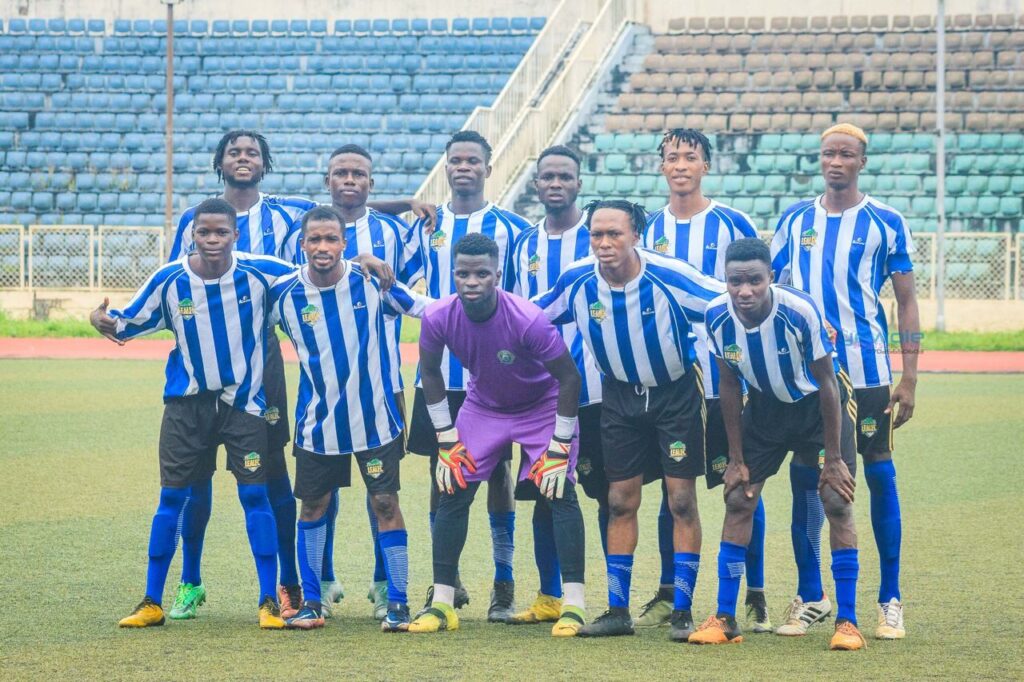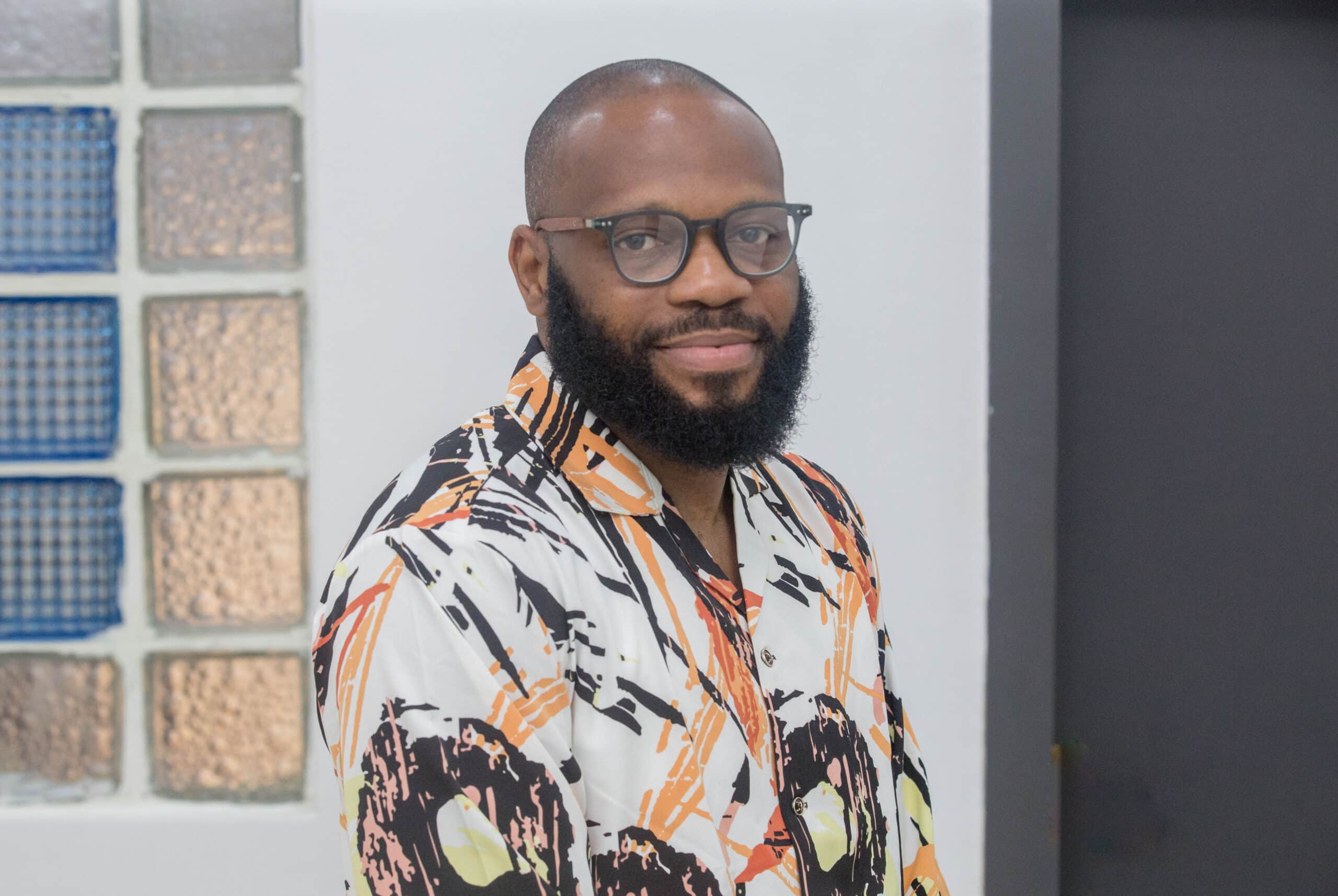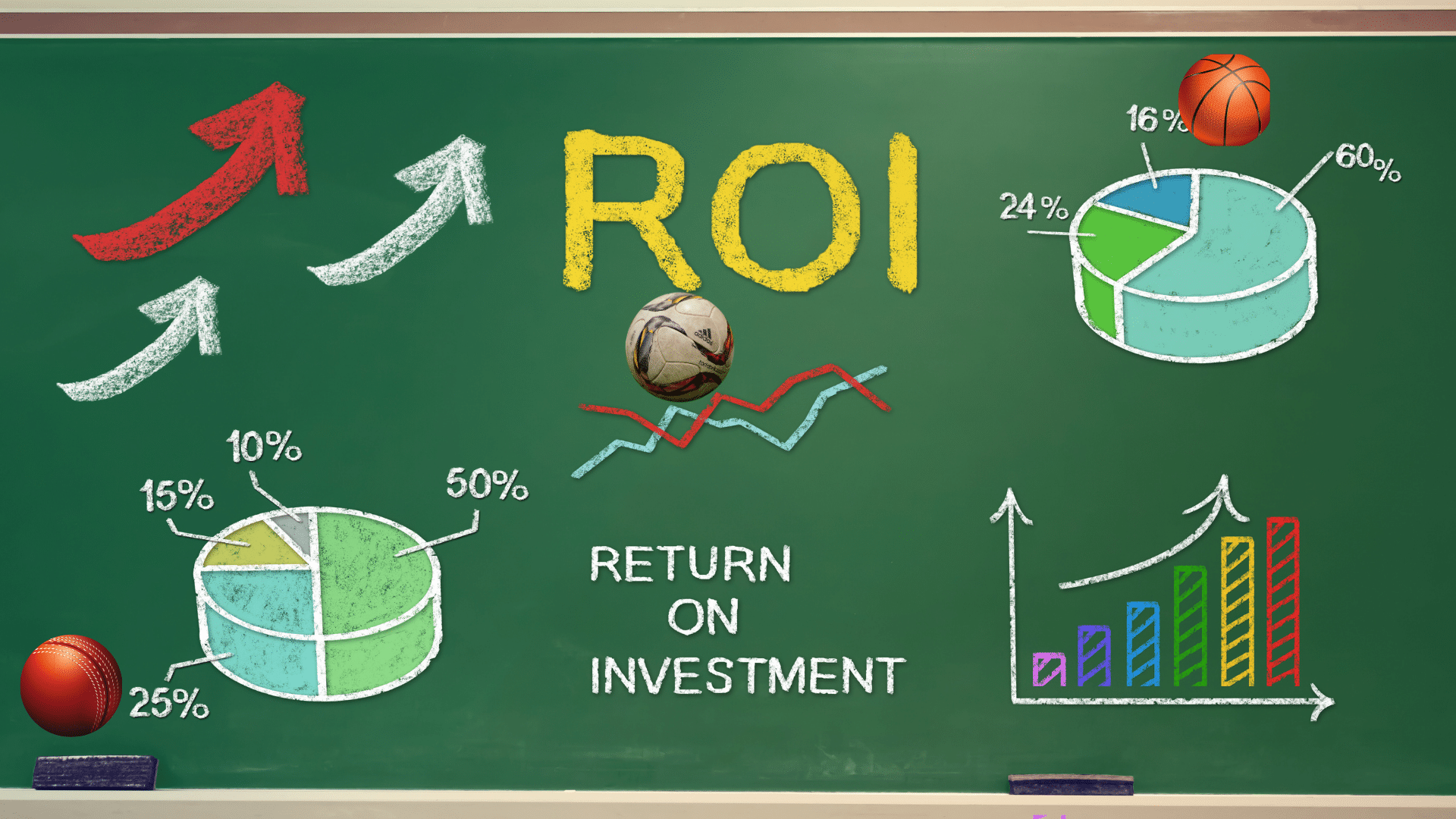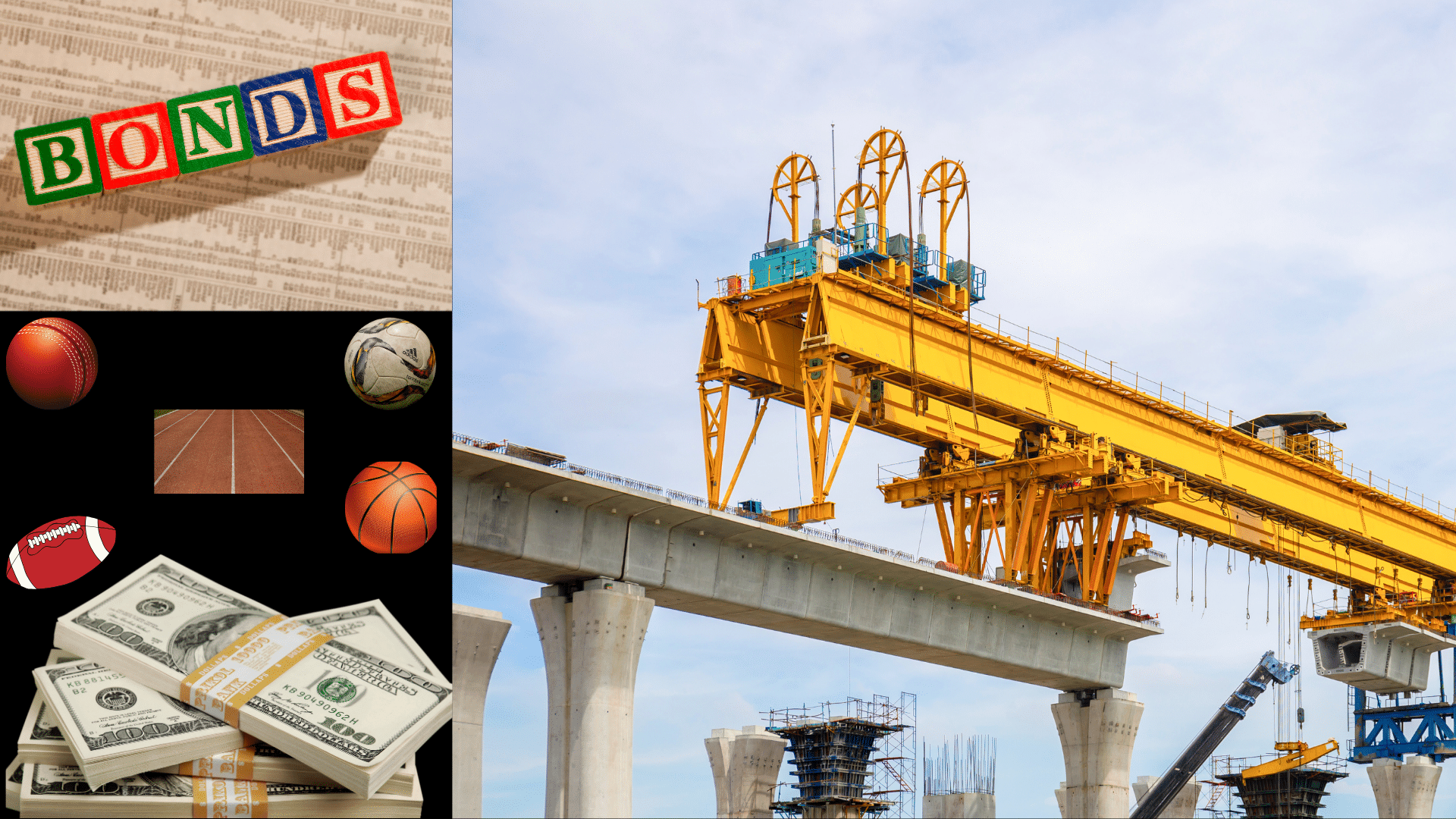Wale Ekundayo is the founder of Leal FC, a Nigerian football club that’s part sports academy, part social impact project. In this interview with Sports Business in Africa, he discusses how his club is changing the narrative around talent export, fighting exploitation, and prioritising character alongside skill.
What’s the story behind Leal FC?
It started in 2022. Someone approached me with the idea of setting up a football club. The primary goal wasn’t just to play football — it was to help young Nigerian players find legitimate opportunities abroad without falling into the traps of exploitation.
We’ve seen players sell everything, families go broke, and still nothing happens. Worse, some get trafficked under the guise of football trials. We wanted to change that narrative and build something credible.
Once I was sure of the idea, we moved fast. While it usually takes months or even years to register with the Nigerian Football Federation (NFF), we got it done in about two months.
Was the club ever intended to be a business?
Not really. Anyone who runs a football club — especially in Nigeria — knows it’s more of a CSR (Corporate Social Responsibility) project. You may make money eventually, but it’s not a quick-profit venture. You need passion, patience, and a bigger purpose.
How do you fund the club’s operations?
Sorting out training, coaching, feeding, staffing, etc., is expensive, no doubt, but we’ve been strategic. We don’t necessarily pay players; instead, they live in a large camp with access to food, medical care, and even a farming space. They contribute to the farm and learn skills while playing. That way, it’s not just football — they’re engaged, disciplined, and productive.
Also, I run an advertising agency, and the profits from that help fund the club. We’ve had some international partners too, who may not give us money but support us with kits and other resources.
Are you profitable yet?
I won’t say we are not, but if managed properly, player transfers can cover a year’s budget. For example, when one of our players is sold to a European club — even on a pre-contract or buy-on clause — it can fund operations for months.
What positions do foreign clubs scout the most from Nigeria?
Defensive midfielders and defenders; hardly strikers or goalkeepers because they have to be exceptional and proven. There’s also a physical element; for instance, African players raised in hot climates perform differently in colder ones. These nuances affect marketability.

How do you ensure your players are ready for international opportunities?
It’s not just skill. We focus heavily on character. A talented player with poor discipline or temper issues won’t make it far. Scouts are looking for team players who follow instructions, not solo stars. We screen for drugs and behavioural issues and focus on building rounded individuals.
How do player transfers work now? Has regulation improved?
Yes. Every Nigerian player now has a unique NFF-issued transfer ID [also known as the player’s FIFA ID], which is used to track them globally. This has made age fraud and illegal transfers harder. FIFA also values players based on their age, league, and the clubs they’ve played for.
Do you have Nigerian sponsors?
We’ve had some in the past. Unfortunately, local sponsorship has declined. Even secondary school tournaments that banks used to support are rare now. That said, one well-managed player sale can sustain the academy for a year, especially with foreign clubs paying in pounds or dollars.
What age range do you work with?
Mostly 16 to 20; that’s the sweet spot for development and export potential. We currently have 30 players in the academy within that age range.
What does success look like for you? What’s your “win”?
In the short term, it’s character development—raising players who are not just talented but disciplined. In the long term, it’s providing them with legitimate pathways abroad and changing the global perception of Nigerian football. We’ve seen music and Nollywood do this. Football can, too.
What is the most you have sold a player for?
I will be conservative and say £100,000.







